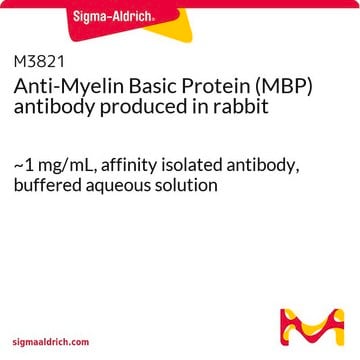EZHPI
Human Proinsulin ELISA Kit
measures and quantifies Proinsulin levels in 20 μL serum or plasma
Synonym(s):
Human Proinsulin Detection, Proinsulin ELISA
About This Item
Recommended Products
product name
Human Total Proinsulin ELISA, This Human Total Proinsulin ELISA is used to measure & quantify Proinsulin levels in Metabolism & Endocrine & Cell Signaling research.
Quality Level
species reactivity
human
packaging
kit of 1 × 96 wells
parameter
20 μL sample volume (4hr assay)
assay range
accuracy: 88-103%
linearity: 84-120%
sensitivity: 0.5 pM
standard curve range: 2-200 pM
technique(s)
ELISA: suitable
input
sample type serum
sample type plasma (K2 EDTA)
NCBI accession no.
UniProt accession no.
application(s)
research use
detection method
colorimetric (450nm)
shipped in
wet ice
storage temp.
2-8°C
General description
Application
Other Notes
Obesity
Metabolic Disorders
Research Category
Metabolism
20 μL sample volume 3 hour assay, room temperature
Disclaimer
Signal Word
Warning
Hazard Statements
Precautionary Statements
Hazard Classifications
Met. Corr. 1 - Skin Sens. 1
Storage Class Code
8A - Combustible corrosive hazardous materials
Certificates of Analysis (COA)
Search for Certificates of Analysis (COA) by entering the products Lot/Batch Number. Lot and Batch Numbers can be found on a product’s label following the words ‘Lot’ or ‘Batch’.
Already Own This Product?
Find documentation for the products that you have recently purchased in the Document Library.
Our team of scientists has experience in all areas of research including Life Science, Material Science, Chemical Synthesis, Chromatography, Analytical and many others.
Contact Technical Service








